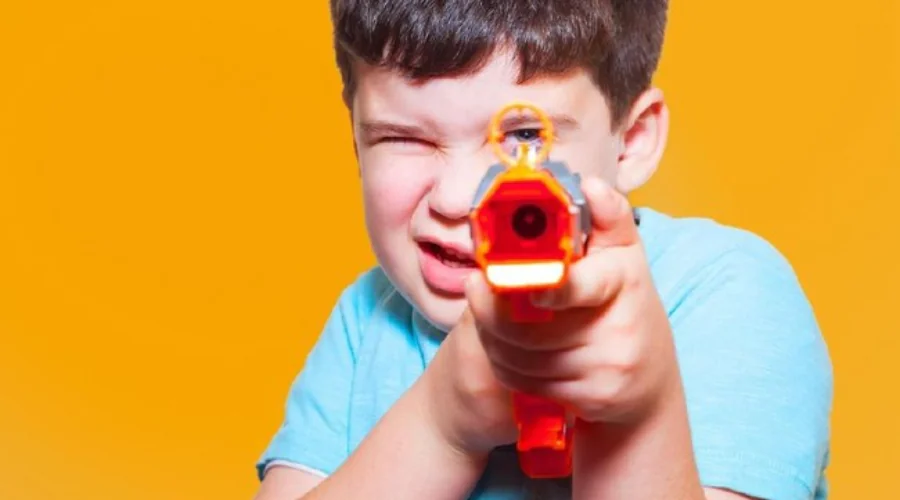
- 23 Jun
- 2023
Ilustrasi gambar (I-Stockphoto)
Viral Children Playing Roleplay on Tiktok, UM Surabaya PGSD Lecturer Explains the Impact
These days, social media has been buzzing with the slang term roleplay. Roleplay is a topic of discussion, especially for parents. This is due to the virality of a viral video on TikTok about a child being scolded by his father for playing roleplay. After further investigation, it turned out that the child was doing roleplay that was inappropriate for his age with people he didn't know.
The busyness of this case attracted the attention of UM Surabaya Elementary School Teacher Education Lecturer (PGSD) Holy Ichda Wahyuni, so he spoke up.
Holy explained, if interpreted in Indonesian, role-playing is a form of game that is currently quite popular on the Tiktok application. Unfortunately most of the children under age also play it.
“When playing roleplay, we can be whatever role we want. Play the idol character, play the character you want, then join a circle of other users who have the same character tendencies. They can interact by playing their character games via chat, up to video collaborations," said Holy Friday (23/6/23)
Holy emphasized that behind roleplaying there are many negative impacts, especially on minors.
First, children will lose their identity and character (distracted from themselves), because they may be more comfortable playing the role of being their idol character/character.
Second, children can potentially have difficulty distinguishing the real world from the virtual world created by roleplay games. Especially when they have drifted in imagination.
Third, it can trigger immoral acts in cyber space. Children who are comfortable with their circle role play can become victims of the perpetrator's manipulative actions to lead to sexual harassment under the pretext of playing a role in role play.
So what should parents and the environment do?
First, continue to provide supervision of children's interactions with their gadgets.
Second, be sensitive to changes in children's behavior. In the midst of increasingly sophisticated social media, parents must be able to be good friends for their children.
Third, parents must be more aware of children's activities and hobbies.
Last but not least is the cultivation of "self-concept" from an early age. Namely introducing the child, who he is, what his preferences are, how his character is physically, psychologically, and his feelings towards himself.
"Giving appreciation and meaning to the child's personal self in the introduction of self-concept will make the child proud of himself. Not trying to be someone else,” said Holy.










(0) Comments